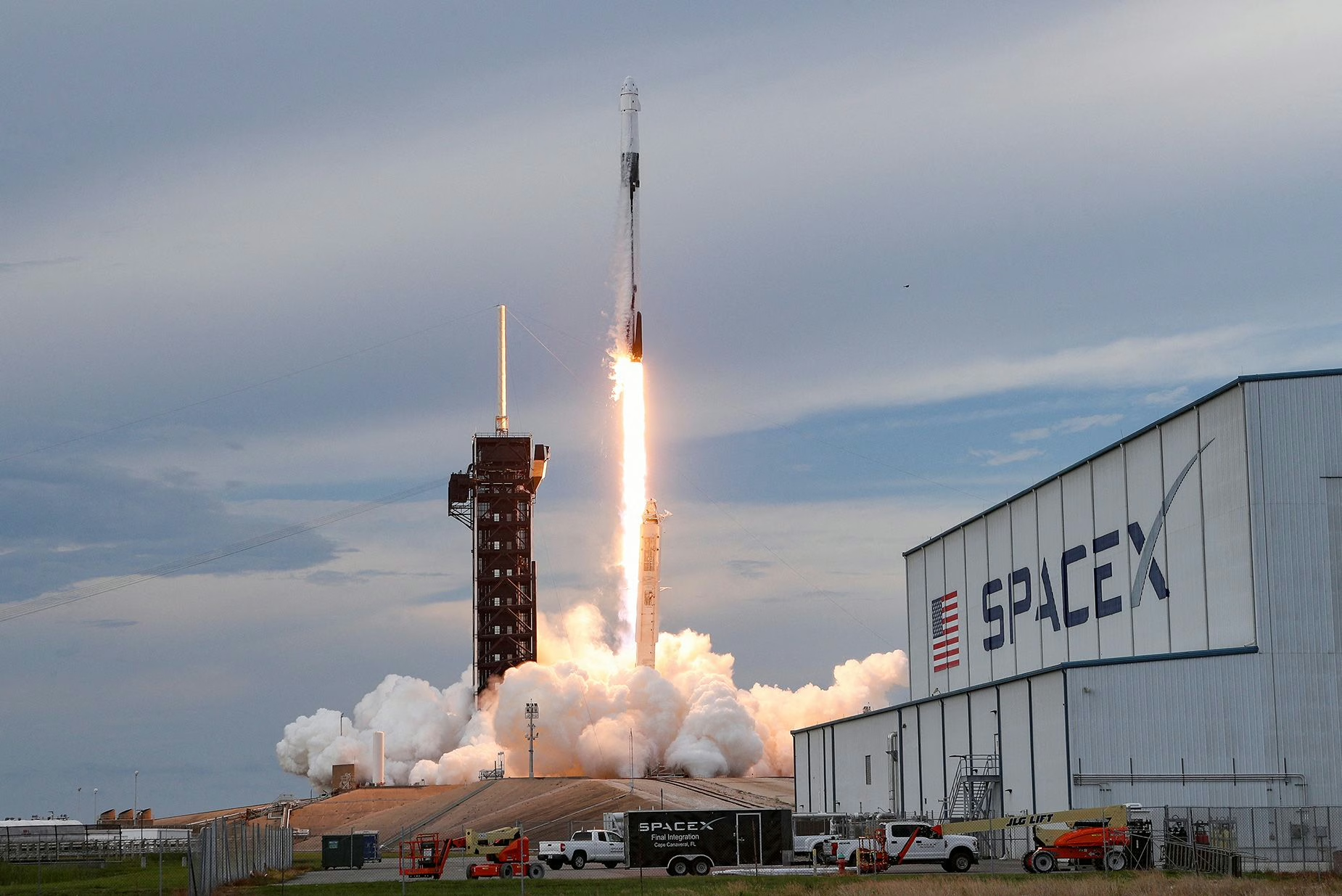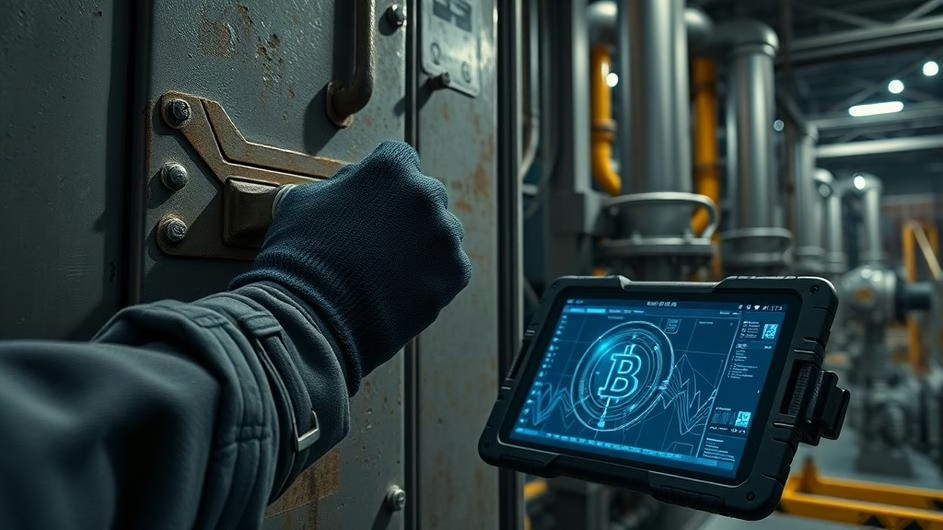
Alibaba: The Marketplace That Changed the World
Picture this: you’re scrolling through your phone, checking out some cool gadgets online, when you notice that little “Made in China” label. Ever wonder how that product traveled from a factory halfway across the world to your doorstep? Chances are, Alibaba had something to do with it.
When we talk about online shopping and technology in China, one name towers above everything else: Alibaba. But here’s what’s fascinating. This isn’t just some boring corporate success story. It’s the tale of how 18 dreamers crammed into a tiny apartment completely rewrote the rules of global commerce.
From Apartment Dreams to Global Reality
Let’s rewind to 1999. Hangzhou, China. Jack Ma and his team of 17 friends are packed into what’s basically a studio apartment, probably surviving on instant noodles and pure determination. The internet was still this wild, new frontier, especially in China. Most Chinese businesses were stuck in their local bubbles, watching opportunities slip by because they couldn’t reach international buyers.
Ma saw something others missed. He envisioned a digital bridge connecting Chinese manufacturers with the world. That vision became Alibaba.com, and honestly? It was brilliant in its simplicity.
The original concept was straightforward. Small Chinese companies could list their products online, and buyers from anywhere could browse, ask questions, and place orders directly. Think of it as the world’s biggest business rolodex, but digital. This B2B (business-to-business) marketplace didn’t sell to regular customers. Instead, it connected businesses with other businesses.
The Plot Twist That Changed Everything
By 2002, something incredible happened. Alibaba.com actually started making money. But Ma wasn’t satisfied with just one success. In 2003, he dropped what might be the smartest business move ever: Taobao.
Taobao was different. Instead of businesses selling to businesses, this was a playground for everyone. Regular people could sell stuff to other regular people. Picture a massive online flea market where you could find anything from handmade jewelry to the latest smartphones.
But here’s the genius part. They also launched Alipay, their payment system. Back then, many Chinese shoppers were terrified of online payments. Alipay made transactions feel safe and simple, which was absolutely game-changing.
During this time, eBay was trying hard to dominate the Chinese market. American corporate giant versus scrappy Chinese startup sounds like David vs. Goliath, right? Except Alibaba understood their customers better. While eBay stuck to their American playbook, Taobao let buyers chat directly with sellers, used fun and quirky advertising, and here’s the kicker – they skipped seller fees entirely.
Young, internet-savvy Chinese shoppers fell in love with Taobao. eBay didn’t stand a chance. Game over.
The Empire Expands
Today’s Alibaba isn’t just one website. It’s like a digital universe with multiple planets, each serving different needs. Let’s break down this business ecosystem:
Alibaba.com remains the original powerhouse. Imagine walking into a warehouse with over 200 million products from 200,000 suppliers. Electronics, clothing, toys, machinery – you name it. Global businesses use this platform to source products in bulk, and it’s still the backbone of international trade.
Taobao feels like exploring the world’s biggest bazaar. Small sellers, unique finds, competitive prices. If you’re in China and need something specific (or weird), Taobao probably has it. The platform thrives on variety and personality.
Tmall is where Taobao puts on a fancy suit. Think premium shopping mall with official brand stores. When you want guaranteed authenticity and quality, Tmall delivers. International brands love it because Chinese consumers trust it.
AliExpress is perhaps the most fascinating for international shoppers. Ever wanted to buy directly from Chinese manufacturers at factory prices? AliExpress makes it possible. It’s Alibaba’s gift to global consumers who want variety and value.

When Government Strategy Meets Business Brilliance
Here’s something most people don’t realize: Alibaba’s success wasn’t just about smart business moves. China’s government actively wanted homegrown internet champions. They created regulations that made life difficult for foreign competitors like Amazon and eBay.
This wasn’t accidental. It was strategic protection that gave Chinese companies like Alibaba room to grow and innovate without getting steamrolled by established international giants.
The 2005 Yahoo partnership was another masterstroke. Yahoo basically handed over their China operations and invested heavily in Alibaba. Suddenly, Ma’s team had serious resources and global connections. Nine years later, when Alibaba went public on the New York Stock Exchange, they raised $25 billion in the world’s largest IPO at the time.
The world finally woke up. This wasn’t just a Chinese success story anymore. This was a global force.
Technology That Actually Matters
Here’s where things get really exciting. Alibaba isn’t just about buying and selling stuff online. They’re basically building the infrastructure for future commerce.
Alipay processes millions of transactions daily with lightning speed and bank-level security. Their advertising platform, Alimama, uses sophisticated targeting to connect the right products with the right customers.
But the real magic happens with Alibaba Cloud and their AI capabilities. They’re not just following AI automation trends – they’re creating them. Small businesses can access powerful computer tools without owning expensive servers. AI programs predict customer preferences and optimize delivery routes.
This puts Alibaba at the forefront of the no-code and low-code movement. Previously, only large corporations could afford sophisticated technology. Now, a small shop owner in rural China can use the same advanced tools as a multinational corporation.
Sourcing Made Simple
Let’s get practical for a moment. Say you own a small business and need 500 custom backpacks. Here’s how Alibaba.com sourcing actually works:
You search “backpacks” using keywords or even upload a photo of your desired style. The platform shows thousands of options that you can filter by price, material, minimum order quantity, and color. Found a potential supplier? Message them directly, negotiate pricing, request samples, and discuss customization options.
It’s like having access to China’s entire manufacturing capacity from your laptop. Professional sourcing that used to require expensive trade missions and industry connections is now available to anyone with internet access.
The Ripple Effect
Alibaba’s impact extends far beyond China’s borders. They’ve fundamentally changed how businesses think about global commerce and supply chains.
Small businesses in developing countries can now access international markets. Entrepreneurs in Europe or America can test product ideas without massive upfront investments. The traditional gatekeepers of international trade have been largely bypassed.
Meanwhile, their data analytics capabilities and logistics networks have set new standards for the entire industry. When Alibaba optimizes delivery routes using AI, competitors worldwide take notice and adapt.
What’s Next for the Giant?
Alibaba’s story continues evolving. They’re not content being just an e-commerce platform. Cloud computing, artificial intelligence, digital payments, logistics – they’re building infrastructure for the digital economy.
Their success proves something important: sometimes the best business strategy isn’t copying what works elsewhere. It’s understanding your local market deeply, then scaling that understanding globally.
The Bottom Line
From eighteen people in a tiny Hangzhou apartment to a global technology powerhouse handling millions of daily transactions. Alibaba’s journey from startup to marketplace leader demonstrates how vision, timing, and execution can literally change the world.
Next time you see “Made in China” on a product, remember: there’s probably a fascinating story behind how it reached you. Alibaba didn’t just build websites. They constructed digital bridges connecting the world’s factory floors to your front door.
The company that started with a simple idea about connecting Chinese businesses to global buyers has become the infrastructure powering international commerce. Not bad for a group of friends who believed the internet could change everything.
Turns out, they were right.








































































































































